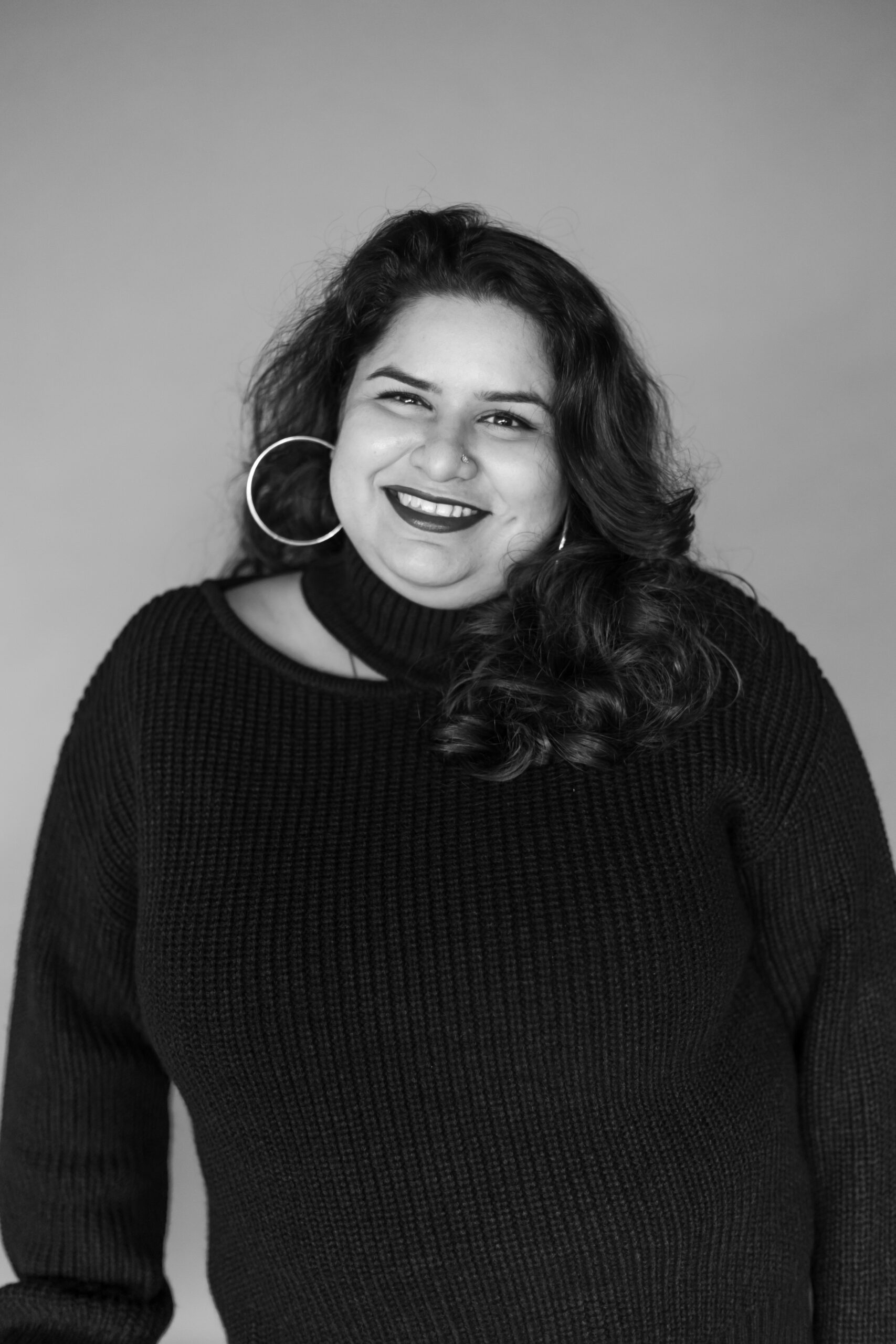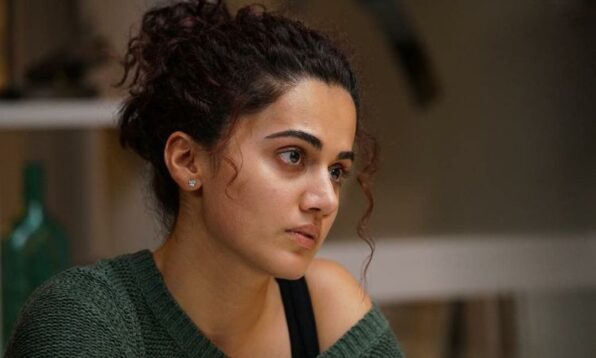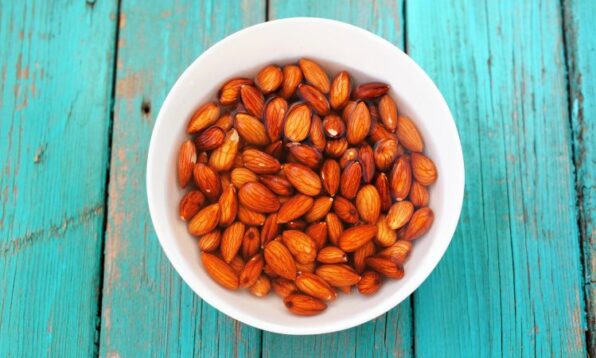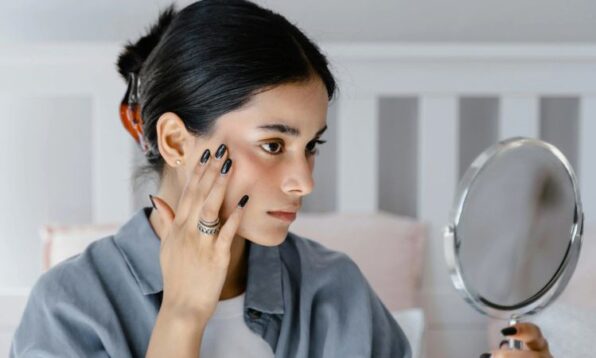“HPV vaccine” is a term that has been doing the rounds for a few months. It’s all over the news and social media. Last year, India came out with its own cervical cancer vaccine. But why is everyone talking about this vaccine suddenly, and why is it so important?
Related: 7 Medical Tests All Women Must Take To Ensure A Healthy, Happy Life
What is HPV?

Human Papilloma Virus, or HPV, is a family of viruses that can cause genital warts and cervical cancer. Though there are over 100 strains of the virus, over 30 of these can affect your genitals. While other strains can cause warts on your hands, feet, face, and other parts of the body, the HPV that affects your genitals is a sexually transmitted infection that can affect the vulva, vagina, cervix, penis, and scrotum. In some cases, it can also affect the rectum and the anus. Most HPV that affects the genitals is low-risk, especially the wart-causing ones. But there are some high-risk HPV that can cause cervical cancer.
Warts caused by HPV generally clear out on their own and are nothing to be worried about. HPV affects both men and women, but it poses a higher risk to women. Though it causes genital warts in men and can lead to cancer of the penis and anus, this only happens in rare cases. Women, on the other hand, are at a higher risk of contracting cervical cancer. And most high-risk HPV can’t be detected before it reaches the cancerous level. This is why women are told to get regular pap smears. A pap smear detects precancerous cell changes and can help prevent cervical cancer.
Related: Chlamydia: What Is It, How To Prevent It, And Everything Else You Need To Know About It
How does the HPV vaccine help?

The HPV vaccine is the only vaccine that can protect against cancer. It works best when the vaccine is taken before exposure to the virus. Currently, there are three HPV vaccines available in India – Ceravix, Gardasil 4, and Gardasil 9. While all three protect against the two main strains that cause cervical cancer, some vaccines protect against even more HPV strains. Ceravix protects you from the two main cancer-causing strains. Gardasil 9 protects from nine strains of HPV which include 16 and 18, the main cancer-causing ones, and types 6 and 11, which cause 90 percent of genital warts. It also protects from five other types of HPV 31, 33, 45, 52, and 58 which can cause cancer of the cervix, anus, vulva, vagina, penis, or throat. Gardasil 4 protects you from strains 16, 18, 6, and 11.
Who should take the vaccine?
Anyone between the ages of 9-45 can get the HPV vaccine. If someone is under 13 years old, they need to take the vaccine in two doses, six months apart. For people between the ages of 13-45, the vaccine will be given in three doses. The second dose is given two months after the first and the final dose is given four months after the second one. There is still some vagueness about the upper age limit for the HPV vaccine. While some places provide the vaccine only to women below 26 years old, others provide them for women up to 45 years old. It is best to consult your gynaecologist before you decide to take the vaccine.
This vaccine is recommended for girls and boys. While for girls and women, the HPV vaccine protects against cervical cancer, for boys and men, it protects against the strain causing cancer of the penis, anus, or throat. Even people who are sexually active can get the HPV vaccine because chances are you may not have been exposed to the cancer-causing HPV strains.
The Serum Institute of India has launched a home-grown HPV vaccine, CERVAVAC. Though the vaccine is not available in the market yet, it should be available later this year.
Featured Image Source

 Web Stories
Web Stories











